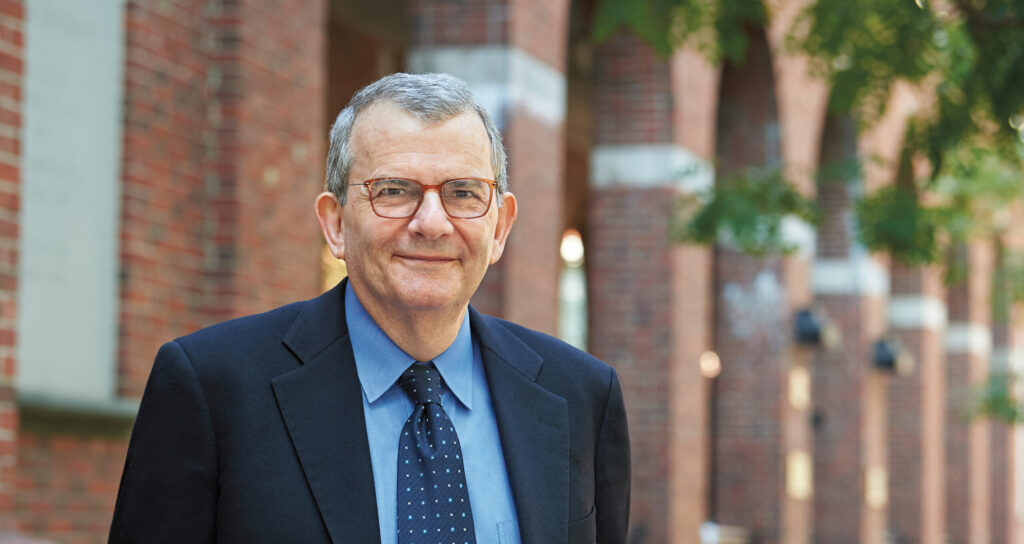The Center for Ethics and Values holds regular public forums focusing on significant ethics issues faced by researchers across the university, by students, and more broadly by society.
To receive regular updates about these events, follow us on myUMBC, Facebook, or LinkedIn, or sign up here to receive Center news.
Free & Open to the Public
Come Join the Conversation!
Register at the links below
Directions, Parking, & Campus Map
These publics forms are open for full participation by all individuals regardless of race, color, religion, sex, national origin, or any other protected category under applicable federal law, state law, and the University’s nondiscrimination policy.
UMBC is committed to creating an accessible and inclusive environment for all faculty, staff, students, and visitors. To request accessibility accommodations, please contact us at ethics@umbc.edu.
Existential Catastrophe and the Love of Humanity
The Evelyn Barker Memorial Lecture

May 8, 7 – 8:30 pm
UMBC Fine Arts Recital Hall
This event is part of the Dresher Center’s Humanities Forum

Click Here to Preregister
Preregistration is recommended, but not required
Samuel Scheffler, University Professor of Philosophy and Law, New York University
Samuel Scheffler works primarily in the areas of moral and political philosophy and the theory of value. His writings have addressed central questions in ethical theory, and he has also written on topics as diverse as equality, nationalism and cosmopolitanism, toleration, terrorism, immigration, tradition, and the moral significance of personal relationships. He is the author of seven books: The Rejection of Consequentialism, Human Morality, Boundaries and Allegiances, Equality and Tradition, Death and the Afterlife (Niko Kolodny ed.), Why Worry about Future Generations?, and, most recently, One Life to Lead: The Mysteries of Time and the Goods of Attachment.
The Oxford philosopher Toby Ord estimates that there is a one in six chance that humanity will experience an “existential catastrophe” within the next hundred years. By an existential catastrophe he means either the extinction of humanity or some other event, like the irreversible collapse of civilization, that destroys what he calls humanity’s “long-term potential.” Ord divides the risks we face into three categories: first, there are natural risks – like those posed by asteroids and supervolcanic eruptions, then there are current human-caused risks – such as those resulting from nuclear weapons, climate change, and environmental destruction – and, finally, there are newly emerging human-caused risks, such as those posed by artificial intelligence and engineered pandemics. If it is true that humanity faces a serious risk of existential catastrophe within the next hundred years, how should we respond? In recent discussions of this question, two diametrically opposed answers stand out. One answer, favored by Ord and other advocates of “longtermism,” is that we should make the avoidance of existential risk our highest priority – or at least one of our highest priorities. The second answer, favored by so-called “antinatalists,” is that we should welcome the prospect of humanity’s disappearance, and do what we can to accomplish it with as little suffering as possible, by simply ceasing to have children. This lecture will offer a different and more compelling response to the prospect of existential catastrophe.
Many thanks to our cosponsors: Dresher Center for the Humanities; Department of Geography and Environmental Systems; Human Context of Science and Technology Program.

